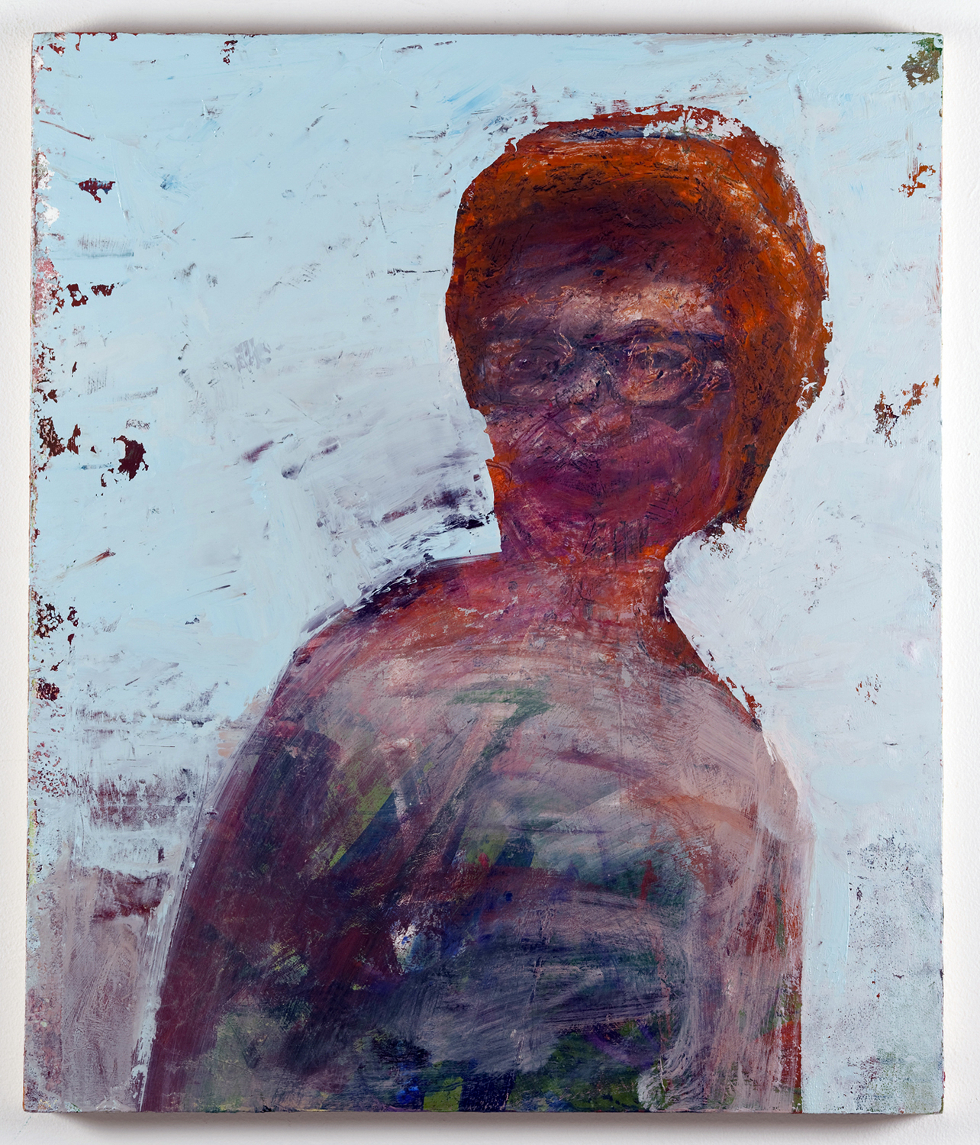Care Services, spiritual
by Wendy Cadge

“What does a Department of Spiritual Care Services do?” a prominent theologian asked me early in the research for my forthcoming book Paging God: Religion in the Halls of Medicine. Troubled both by the apparent disappearance of religion from large academic medical centers and the use of “spirituality” as a place holder—at least in the titles—she was skeptical about what I might find and bothered by the consumerism she thought implicit in use of the word “services.”
The best answer, I discovered, is “it depends” and it does not always have a lot to do with whether the department is called Chaplaincy, Pastoral Care, or Spiritual Care Services. Building on growing attention to religion in health and medicine, use of the term “spirituality” began to increase in healthcare settings in the early 1990s from professional training to medical journals to patient care. Some chaplaincy departments—especially those on the west coast—followed the trend, changing their names to be symbolic of what they hoped was their more holistic and less predominantly Christian approach to patient care.
Today most of these departments—regardless of their names—staff chaplains from a range of religious backgrounds, including broadly humanist, who meet with patients and families throughout the hospitals. They tend to see the sickest patients—especially those dealing with end of life situations—offering their presence, a listening ear, and an approach that emphasizes the whole person. Many work around medical ethics. They also usually hold small services in their hospital’s chapels, prayer or meditation rooms in a range of religious traditions or that are broadly interfaith.
In their increasing embrace of spirituality as a way to describe themselves, their departments, and their work, hospital chaplains emphasize the “spiritual but not religious” meaning of the term spirituality. Such a connotation is common among people who reject organized religions in favor of their own personal ways of making meaning or relationships with the divine. While this rejection is not common among the chaplains themselves, they see the spiritual frame as a way to be as inclusive as possible in complex pluralistic medical settings. Their goal is to appeal to the broadest range of people they might work with in hospitals. Such efforts are premised on the belief that everyone has some sense of spirituality that the chaplains can tap into and work with in their interactions with patients and their families.
As sociologist Don Grant argues, this approach to spirituality views the concept as a “neutral—and perhaps more authentic—language that enables persons from different faith perspectives to exchange ideas on the sacred. Many, therefore, believe that spirituality—as opposed to organized religion—can communicate consensual meanings in a variety of corporate settings including hospitals..” The least common denominator approach to spirituality, often present in today’s large academic hospitals, glosses over differences in the ideas and practices central to different people’s notions of the concept. Instead, such a move emphasizes similarities. It remains vague, however, and makes the “communication of consensual meanings” a challenge as spirituality rarely means the same thing to the patients, families and staff members who hear the term and try to communicate about (or around) it.
Chaplains talk about the importance of presence, people’s stories, and making meaning in the context of illness. Medical staff more frequently speak of traditional religious beliefs and practices in a range of (their own) traditions. And patients and families speak a variety of languages about religion, spirituality and faith that sometimes overlap with those of the chaplains or medical staff and sometimes do not. Much is lost in the lack of easy translation as different people and groups—all speaking about spirituality in healthcare settings—do not always understand one another. Spirituality, then, is a weak shared language in large academic hospitals.